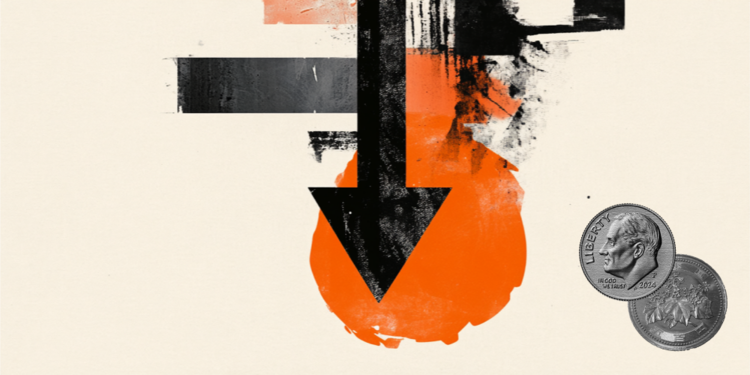Almost 30% of Brazilian internet users between the ages of 9 and 17 have experienced some offensive situation that they didn’t like or that “upset” them in the digital environment. While 42% say they have seen someone being discriminated against online.
Of these, 31% spoke about what happened to their fathers, mothers or guardians, 29% to a friend of the same age, 17% to siblings or cousins, and 13% did not speak to anyone.
The data comes from the TIC Kids Online Brasil survey, carried out by the Regional Center for Studies for the Development of the Information Society (Cetic.br), department of the Information and Coordination Center of Ponto BR (NIC.br).
2,424 children and adolescents aged between 9 and 17 years old, as well as their parents or guardians, were interviewed in face-to-face interviews throughout the country, between March and August 2024.
Contact with strangers and parental supervision
In the age group of 9 to 17 years, 30% of internet users said they had already had contact on the internet with someone they did not know personally.
Only 3 in 10 minors have parents or guardians who use resources to block or filter certain websites (34%), to filter which applications can be downloaded (32%), to limit the people their child can contact through messaging (32%), monitor the websites and applications accessed (31%), or block ads (28%).
However, 61% of those responsible say they “always” or “almost always” look at their child or teenager’s cell phone to see what they are doing and who they are talking to. The number increases in the age group of users between 9 and 10 years old (80%) and decreases for users between 15 and 17 years old (40%).
Around half of those responsible set rules for the use of electronic devices (71% for those aged 9 to 10 and 27% for those aged 15 to 17) and 30% suspend the use of their children’s cell phones for some time (45% for those aged 9 to 10 and 15% between 15 and 17 years old).
Among those responsible, 77% “believe that the child or adolescent uses the internet safely” and only 8% think “that the child or adolescent has experienced uncomfortable situations on the internet”.
Children and teenagers online
Currently, 93% of the Brazilian population aged 9 to 17 is an internet user, which represents around 24.5 million people.
The platforms used most frequently by this age group are: WhatsApp (70%), YouTube (66%), Instagram (60%) and TikTok (50%).
YouTube predominates among users aged 9 to 12, an age group in which WhatsApp comes in second place. While TikTok surpasses Instagram among children aged 9 to 10, they are tied between those aged 11 and 12.
For teenagers aged 13 to 17, WhatsApp comes first, but is followed by Instagram.
Considering the age group between 9 and 17 years old, 72% said they believe they can use social networks alone, a higher percentage than the number of guardians who believe this regarding their children’s use (57%).
Research shows that 96% of Brazilians use cell phones in bed
This content was originally published in Almost 30% of young people have experienced offensive situations on the internet, says a study on the CNN Brasil website.
Source: CNN Brasil
Charles Grill is a tech-savvy writer with over 3 years of experience in the field. He writes on a variety of technology-related topics and has a strong focus on the latest advancements in the industry. He is connected with several online news websites and is currently contributing to a technology-focused platform.







